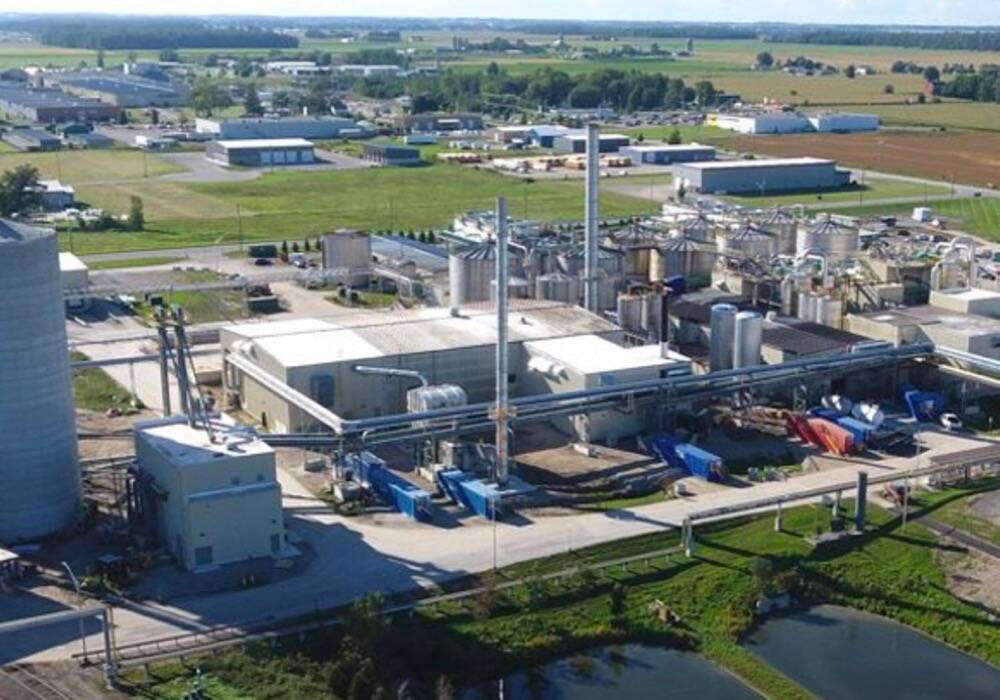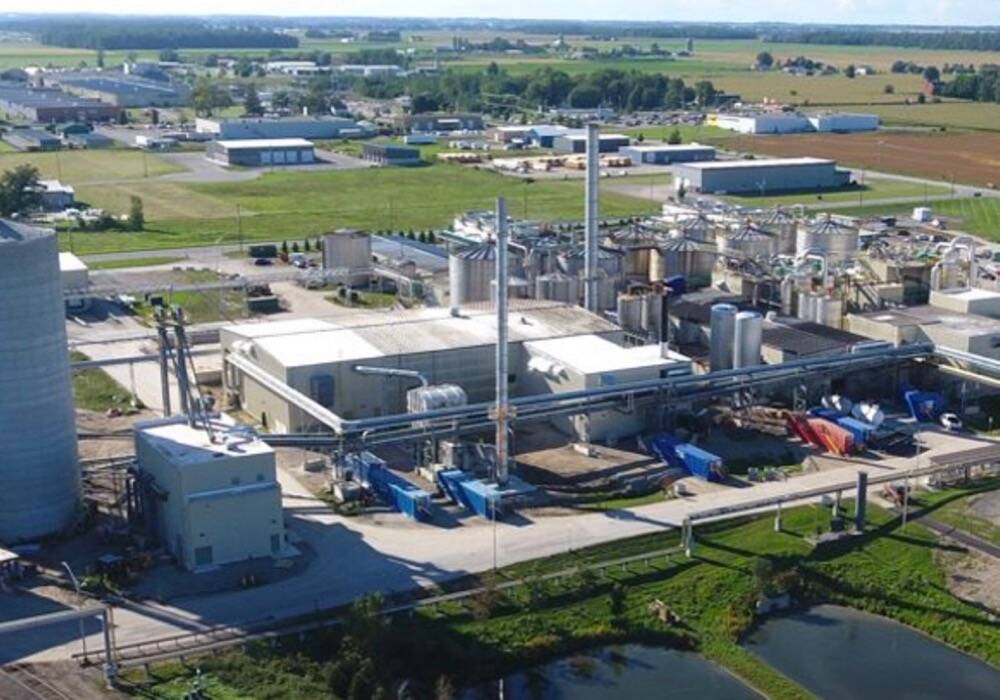Federal funding creates national agri-food innovation network

A new national network of post-secondary institutions and other groups to foster innovation in agriculture and food will be led by the University of Guelph.
Read Also

 IGPC Ethanol acquired by Belgian energy company
IGPC Ethanol acquired by Belgian energy company
IGPC Ethanol has been acquired by Belgian energy company Alco. The merger could see the Aylmer plant, Canada’s second-largest producer of ethanol, diversify its output.
Why it matters: The network’s goal is to foster collaboration across the country to bring ideas to market.
The network is called Sustainable Food Systems for Canada (SF4C) and members are post-secondary institutions in Nova Scotia, Quebec, Ontario, British Columbia and all three Prairie provinces, along with non-governmental organizations working in collaboration with academic researchers, private agri-food companies, indigenous Canadian organizations, and Canada’s northern territorial governments.
“This will deepen connections across many regions and across a huge country among people who are very dedicated to pushing forward innovation in the agri-food sphere,” said grant co-applicant Lenore Newman, Abbotsford-based director of the Food and Agriculture Institute (FAI) at the University of the Fraser Valley.
The $16.3 million SF4C project is an extension of that work. The funding covers five years.
The initiative, led by Newman and co-chair Evan Fraser of the University of Guelph’s Arrell Food Institute, was one of four collaborative research networks announced on Jan. 15 by the Natural Sciences and Engineering Research Council (NSERC) to share in $95.3 million in funding that arose from a commitment made in the 2022 federal budget. The program aims to get ideas from the laboratory to the marketplace.
SF4C will be headquartered at the University of Guelph,Nwith three other regional leadership “nodes” at Universite de Laval in Quebec, the University of the Fraser Valley, and the not-for-profit Territorial Agrifood Association in Yellowknife, NWT.
Newman said it will be crucial that the innovations and policy directions being explored are relevant from a Canadian agriculture and agri-food perspective. “Evan and I both agreed that anything (SF4C) does needs to pass the sniff test, so to speak,” she said. “We’re not going down rabbit holes looking for wild ideas.”
The FAI director expressed excitement at the prospect of broadening her institution’s links with other collaborators in the western region, including the strongly agriculture-focused University of Alberta in Edmonton and the “blue economy” specialists (products derived from the ocean) at Vancouver Island University, as well as other research centres located at other western universities.
“Taken together, we really are an agri-food and agri-tech superpower,” she said of the country’s western provinces.
She’s also enthused by her and Fraser’s ability to attract support from northern and indigenous-led innovation initiatives.
“For us, it was critical (to include voices from the North) because many areas of the northern part of this country really do struggle with food security,” she explained. “We tried very hard to find a way to engage with the North but not in an extractive way.”
Newman says the opportunity to apply for the newly created Lab to Market NSERC grants arose only days after the official announcement of an Arrell-Food and Food and Agriculture Institute MOU at the beginning of 2024 to work together on agri-food innovation.
“At first (after announcing the MOU), we expected it would mostly be workshopping about how we could bring in other partners and getting in touch with the network of people we knew across the country,” Newman says. “It’s a pretty small ecosystem in Canada of people who are working on food security and innovation; we all know each other.”
The NSERC announcement, however, changed that strategy. Newman and Fraser could now send out to their contact list the offer of a five-year commitment of funding if they agreed to join in the goal of bringing in researchers in food security and agri-food innovation. According to the FAI director, “everyone in the network was pretty excited about the Lab to Market announcement.”
University of Guelph interim president and vice-chancellor Rene Van Acker said that “through training, mentorship, and networking, SF4C ensures a continuous pipeline of talent to drive Canada’s economic security and productivity in a changing world.”
Source: Farmtario.com

